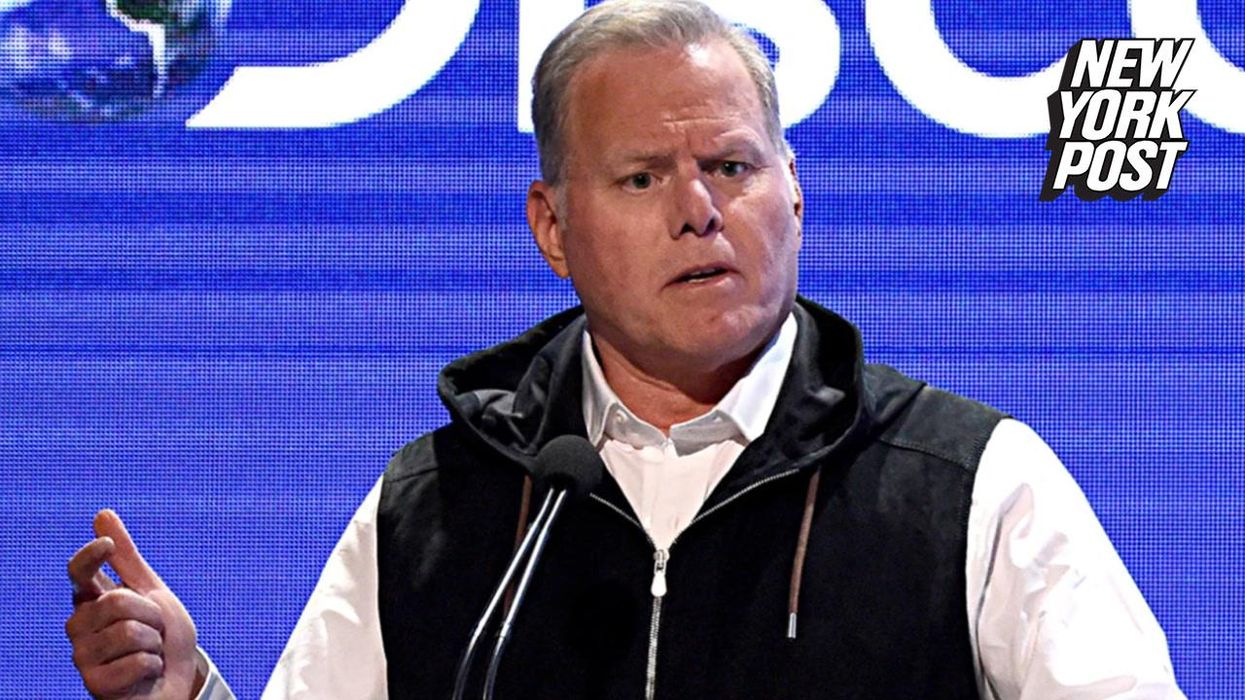Most people agree that the media outlets viewers choose to consume news from affect their political opinions and beliefs. But a new study has proven this by paying Fox News viewers to watch CNN for 30 days and observing changes in viewers' perspectives.
The study was conducted by political scientists David Broockman and Joshua Kalla in September 2020 and focused on both media outlets' coverage of Covid-19 and Donald Trump's presidency.
Unsurprisingly, the study found that Americans who lean heavily with a political party "reject information contrary to their partisan loyalties and from opposing sources."
However, even overwhelmingly strong conservative Fox News viewers "could be persuaded by viewing opposition partisan media instead of their own."
Long have we assumed that consuming polarizing media outlets can be detrimental to US viewers but this study provides quantifiable that this is true.
Sign up for our new free Indy100 weekly newsletter
The study randomly selected 305 of the 744 regular Fox News viewer participants and paid them $15 an hour to watch 7 hours of CNN per week. Then each participant was paid $10 to take a quiz about the information they consumed to ensure they had watched the program.
The study focused on Fox News and CNN's coverage of Covid-19 and Donald Trump's presidency which affected viewers' attitudes and knowledge of each subject.
For example, Fox News did not cover Covid-19 news nearly as much as CNN did, and used language that diminished the severity of the illness. Ultimately it led to a discrepancy in viewers' information about the serious matter.
This same finding was concluded for mistakes Trump made during his presidency.
They're right. During Sept 2020, CNN gave viewers extensive information about Trump's failures to protect the US from COVID & the dangers posed by the virus in the days before vaccines.\n\nFox barely did, instead largely telling viewers COVID was no big deal & Trump took seriously.pic.twitter.com/UjdrMMo6qs— David Broockman (@David Broockman) 1648991849
"Our findings suggest that partisan media may affect voters’ choices at least in part because it hides information about aligned incumbents’ failures and distorts perceptions of political rivals." The study says. "This suggests that partisan media does not only present a challenge for the opposing party, it may present a challenge for democracy which may deserve attention from policymakers."
While this study is not entirely conclusive, it does offer some scientific explanation of viewers' ideology and perhaps opened the door for formal intervention.
Have your say in our news democracy. Click the upvote icon at the top of the page to help raise this article through the indy100 rankings.














